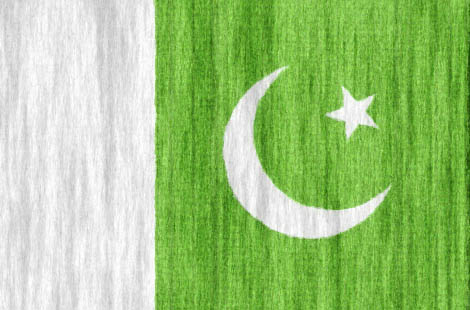AFP
Islamabad
Pakistan is ready to defend Saudi Arabia’s “territorial integrity” but has not yet decided to join Riyadh’s coalition fighting Yemen rebels, Islamabad’s defence minister said yesterday.
Saudi Arabia began air strikes in Yemen on Thursday to defend the government of President Abd-Rabbo Mansour Hadi from advancing Shia Houthi rebels.
Pakistan is a longstanding ally of Saudi Arabia with close military ties, but Islamabad has not yet committed to the operation, which has drawn strong criticism from its neighbour Iran, the major Shia Muslim power.
Defence Minister Khawaja Asif said the country would defend Saudi sovereignty “at any cost,” but appeared to rule out any immediate Pakistani participation in the fighting, which has so far been confined to Yemen itself.
“We don’t want to be part of any proliferation, we will try to contain it,” Asif told parliament, adding that there was concern it could fan sectarian tensions in Pakistan and the Muslim world.
The Saudi ambassador in Washington said on Thursday that Pakistan was among 10 countries ready to join a coalition to protect the Yemeni
government.
But Asif said Pakistan’s “only pledge is for the territorial integrity of the Kingdom of Saudi Arabia” which he said would
be defended “at any cost”.
He said a delegation would be sent to Saudi Arabia following a two-day Arab League summit this weekend.
Saudi Arabia has said it is ready to do “whatever it takes” to protect Hadi’s government but Tehran has slammed the intervention as “a dangerous step”.
The White House has voiced concerns about reports of Iranian arms flowing into Yemen and there are fears of the conflict turning into a proxy war between Iran and Saudi Arabia.
Like Saudi, Pakistan has a majority Sunni Muslim population, but around 20% of its citizens are Shia, the world’s second-largest such population after Iran.
Sectarian violence, mostly carried out by Sunni hardline militants targeting Shias, has risen sharply in Pakistan in recent years.
A suicide bomber last month killed 61 people at a Shia mosque in the southern district of Shikarpur, and at least 1,000 Shias have been killed in the country over the past two years.
Defence Minister Asif said Pakistan’s recent experience showed the danger of sectarian strife.
“We are not and will not fan any conflict that will divide the Muslim world on sectarian lines,” he said.
“We will not be part of (such a) conflict, especially when the fault lines are present in Pakistan and we do not want to disturb those fault lines.”
Saudi-Pakistan military ties go back decades.
Pakistan helped Riyadh build up its air force in the 1960s and supplied pilots to fly sorties against a South Yemeni incursion into the kingdom in 1969, US security expert and former CIA officer Bruce Riedel wrote in a Brookings Institution article.
In the 1980s Riyadh, along with the US, funnelled millions of clandestine dollars through Pakistan to fund the Afghan Mujahideen’s fight against
Soviet occupation.
Co-operation and financial assistance has continued to flow from Riyadh in the form of cheap oil and loans, including one of $1.5bn last year.
Pakistani Prime Minister Nawaz Sharif has close personal ties with the Saudi royal family and was hosted by the kingdom when he went into exile following a military coup that abruptly ended his last term in power in 1999.
But any enthusiasm in Pakistan for helping such a close ally will be tempered by fear of alienating Iran and of fanning sectarian divisions at home.
Pakistani security analyst and retired general Talat Masood said, however, that Islamabad probably “doesn’t have the luxury of refusing” Riyadh’s
request definitively.
“They owe too much to the Saudis and they also think that Saudi is an extremely important country in the present context,” he said.

